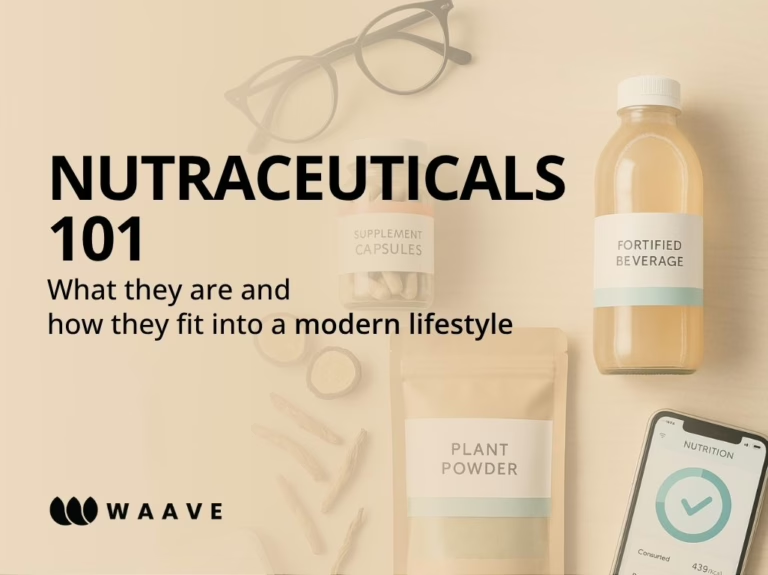What Are Nutraceuticals?
The word nutraceutical is a blend of nutrition and pharmaceutical, and while it sounds complex, the concept is simple: nutraceuticals are food-based products that are formulated for a specific purpose beyond basic nutrition. They’re typically made from natural ingredients—think plant extracts, herbs, minerals, or vitamins—and can come in various formats, from capsules and powders to fortified drinks and snack bars.
They’re not classified the same way as medications, nor are they just everyday groceries. Instead, they occupy a unique space in the wellness world—between food and function.
A Brief History of Nutraceuticals
While the term nutraceutical was coined in the late 20th century, the use of food for specific functions dates back centuries. Ancient cultures used fermented foods, herbs, and minerals in everyday practices long before they were branded or bottled. Today, that tradition continues, but with a modern twist—now guided by global regulatory frameworks, labeling standards, and consumer transparency.
Common Types of Nutraceuticals
Nutraceuticals can be grouped into a few common categories:
- Dietary supplements: Often contain concentrated nutrients such as vitamins, minerals, amino acids, or botanicals.
- Functional foods: Everyday foods that have been enhanced with additional ingredients (like omega-3s in certain dairy products or added fiber in cereals).
- Herbal formulations: Derived from roots, leaves, and other plant parts, these are often offered in capsule or tea form.
- Fortified beverages: Drinks infused with ingredients like adaptogens, nootropics, or botanical blends for targeted functionality.
Why They’re Part of Modern Wellness Routines
Modern consumers are increasingly ingredient-conscious. Whether scanning a label for sourcing info or looking up what a specific compound does, there’s a growing interest in how daily habits align with wellness goals. Nutraceuticals have become part of that conversation, offering an accessible way to personalize routines—no prescriptions required.
Their popularity also reflects shifts in lifestyle: busier schedules, remote work, and digital fatigue are leading people to seek products that fit their routines and align with personal preferences, from vegan-friendly formulations to sugar-free options.
What to Look For When Choosing Nutraceuticals
If you’re curious about exploring nutraceuticals, here are a few things to keep in mind:
- Label transparency: Look for full ingredient disclosures and clear sourcing information.
- Compliance and safety: Choose products that follow your local regulations, including any third-party certifications.
- Reputation of seller: Buying from a verified or badge-carrying merchant can help ensure you’re getting what’s advertised.
Final Thoughts
Nutraceuticals are not a magic bullet—but they are a fascinating part of the evolving wellness space. As long as you’re informed, read the label, and understand what you’re buying, they can offer thoughtful additions to a modern lifestyle.
Want to dig deeper into wellness transparency? Look for merchants who meet legal compliance standards and prioritize ingredient clarity. It’s one way to shop smarter and stay informed.
Wanna receive this by email?






